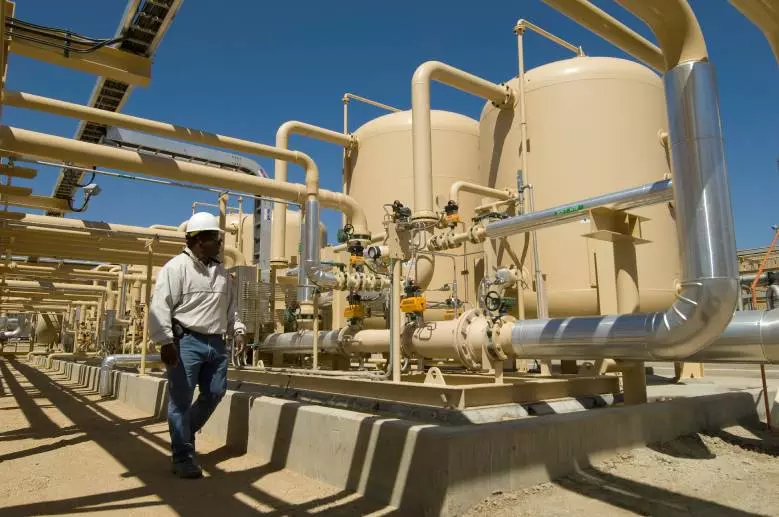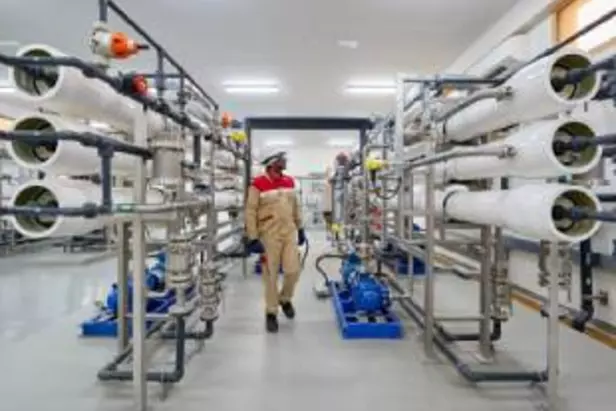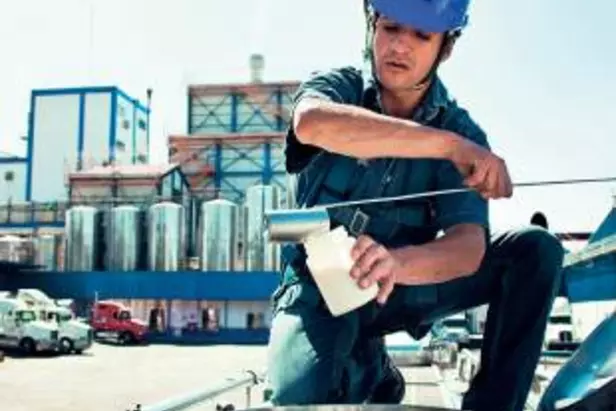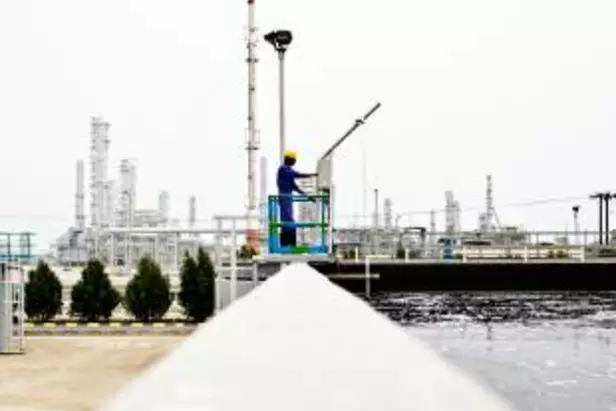In response to increasingly strict discharge regulations and ecological awareness, manufacturers are looking for solutions to treat wastewater.
If untreated, it may contain different types of pollutants (hydrocarbons, salts, oils, solvents, etc.) with varying degrees of toxicity for human health and the environment.
What is industrial wastewater?
The definition of industrial wastewater is simple: it is water from an industry that may contain pollutants. These pollutants vary according to the type of industry concerned - chemical, food processing, nuclear, paper, etc. - and require different types of treatment, with a varying degree of complexity.
Solutions and expertise tailored to each industry
Veolia adapts its expertise to the needs of its clients, combining our knowledge of regulations and our commitment to helping industrial clients reduce their environmental footprint. We provide solutions for all types of industrial wastewater including:
- Treatment using a range of techniques: thermal, physico-chemical, biological and membranes
- Recovery of materials in the wastewater (rare metals, etc.)
- Re-use of treated wastewater on site or for other applications (watering nearby green spaces, etc.)
- You comply with regulations
- You reduce your environmental footprint
- You recover materials from your wastewater
What are the benefits for you as an industrial concern?

We did it!

China
In 2016, we signed a 25-year contract with Sinopec, the largest refiner in China and Asia, to manage the water cycle (cooling water, demineralized water, process water, drinking water, chilled water, wastewater and firefighting network) at the Yanshan site near Beijing. Processing more than 10 million metric tons of crude oil per year and more than 800,000 metric tons of ethylene, the site requires a significant amount of water. We help Sinopec reduce its water consumption and increase its wastewater recycling.

Mexico
At its dairy factory in Lagos de Moreno, Mexico, Nestlé produces Nido, one of the world's best-selling infant formula powders. Not a single drop of water is taken from the environment. In fact, since 2013, we have been treating the wastewater from the manufacture of the dairy products and recycling it back into the plant. The treated wastewater is used to water the garden, clean the premises and cool plant.

Ghana
AngloGold Ashanti, the world's third largest gold producer, contracted us to operate and maintain its four wastewater treatment plants and two drinking water treatment plants for a period of three years in 2019. Water is an essential element for the proper operation of the mine and is used to treat the ore, remove dust and transport sludge.
Explore our other solutions
Discover our industrial markets
- Mining industry: our solutions for a sustainable future
- Agri-food industry: reducing its environmental footprint
- Oil and gas industry: the sustainability challenge
- Pharmaceutical industry: combining quality with sustainability
- Pulp and paper industry: producing more and polluting less
- Automotive industry: driving to a greener future
- Defense industry: Improving competitiveness
- Construction: Reduce the environmental footprint of buildings and construction sites
- Chemical industry: Between regulations and the environment


